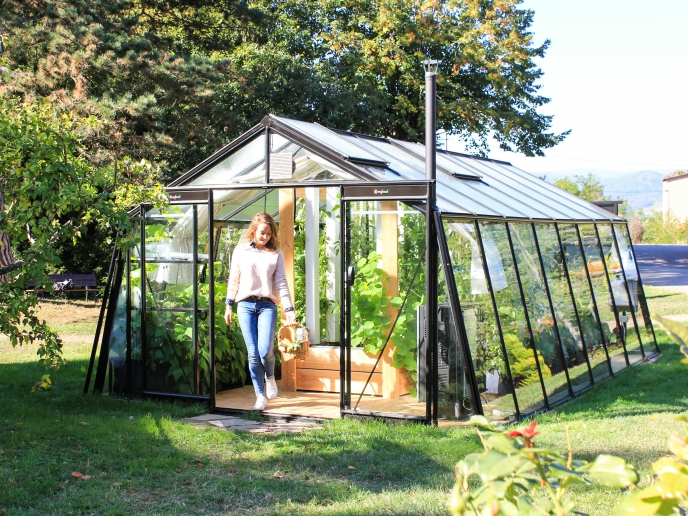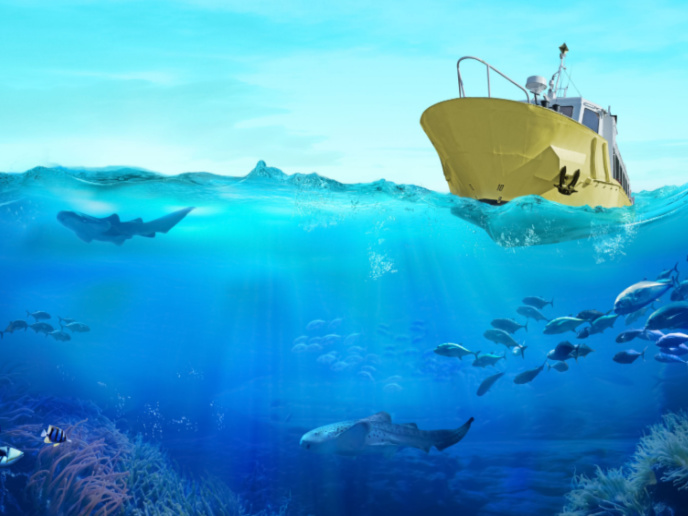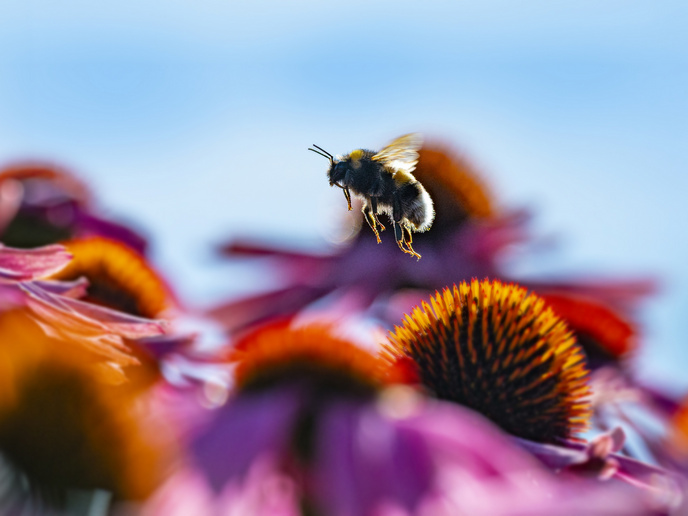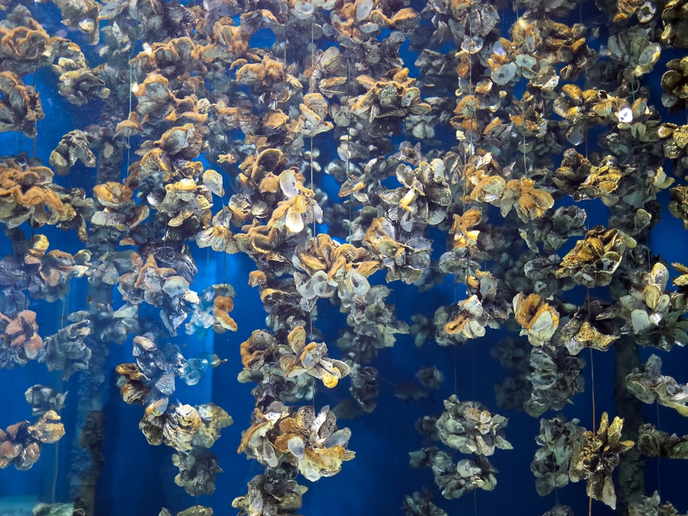Permaculture and aquaponics allow Europeans a smart way to source food
Our food supply is provided to us by a long and intricate food chain, one that is complex, integrates numerous players and involves a high level of food processing. In recent years though, there has been a demand for quality products with less processing time, resulting in a need for more sustainable and eco-friendly production methods. At the same time, consumers have shown an eagerness to grow their own food, which is evidenced by the rising number of urban gardens in neighbourhoods throughout Europe. While some solutions have surfaced to address this need, such as small greenhouses and kits, they are limited by factors like productivity, time, skills, costs and logistics. Another concerning issue is that these solutions often rely upon chemicals in order to prevent diseases or to promote growth.
The solution
Responding to the need for a sustainable and environmentally friendly solution, the MYFOOD project worked to bridge the knowledge gap between food autonomy and applied aquaponics. Project coordinator Matthieu Urban explains: “Our new concept is based on local, versatile and adaptable, household, efficient and sustainable production of food.” He adds: “We have developed a smart and miniaturised greenhouse solution for cultivation of vegetables, fruits and fish through a permaculture and aquaponics approach.” This solution is sustainable as it uses recycled resources, minimised waste and solar energy. It is also environmentally friendly as it reduces the carbon footprint from food processing and transport and is chemical-free. Smart technology is a key feature of the MYFOOD solution that minimises the need for user input, ultimately reducing user frustration.
Phase 1 opening doors of opportunity
MYFOOD carried out a feasibility study to help them secure their project from a technical, commercial and financial standpoint. “Phase 1 gave us the opportunity to confirm our product fits the market and market expectations,” notes Urban. This included ensuring the project had the right strategy in terms of how they communicated and marketed themselves. It also enabled them to set the product development objectives. “Phase 1 also gave us a better understanding of the markets we could export to,” says Urban, who adds, “we have a clearer idea about how our product fits French-speaking countries.” A greater achievement for the project was a better understanding of how the product will fit other European countries.
What’s to come
The project is applying for Phase 2. Urban reports: “We are in the development phase now where we are looking to scale up our solution and launch the product in Europe.” The project is targeting markets such as Germany, Austria and Switzerland – areas of high market potential. “We have a very innovative product and it’s really key for us to find a way to get it to our clients – for them to get to know our brand and understand our value,” notes Urban. The project expects to bring key advantages to society and the environment. They estimate to gain EUR 14 million in profits and reach a return on investment of EUR 5 million from this project after 5 years.
Keywords
MYFOOD, sustainable, greenhouse, aquaponics, chemical-free, environmentally friendly, carbon footprint, eco-friendly production







